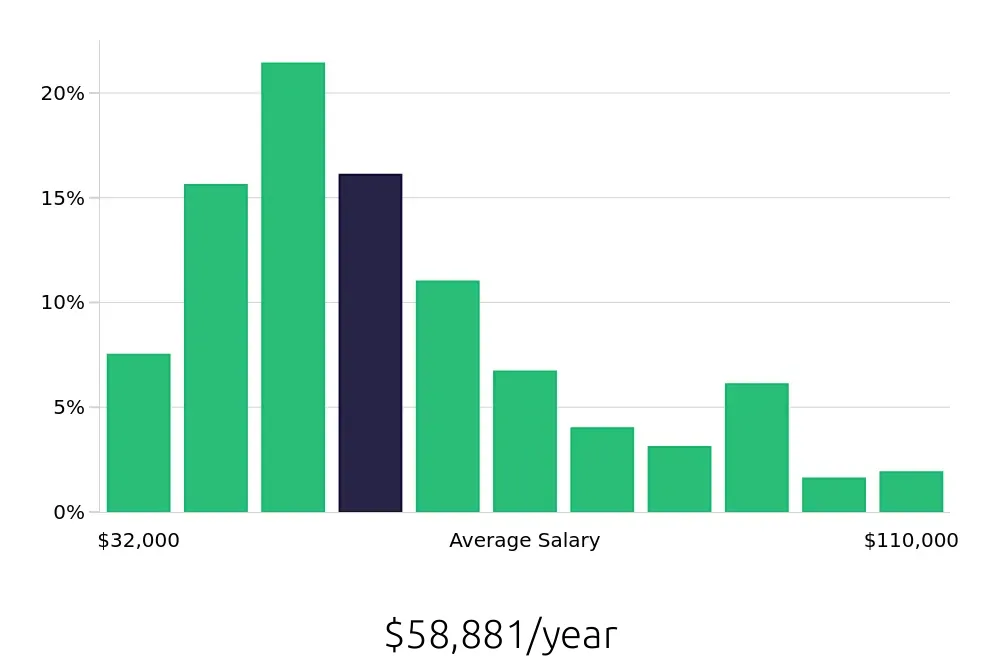What does a Educator do?
An Educator plays a crucial role in shaping the minds of future generations. This professional works in schools, colleges, and other educational settings to teach students various subjects. They prepare lesson plans, deliver engaging lectures, and assess student progress. Educators create a supportive learning environment that encourages curiosity and critical thinking. They use different teaching methods to cater to diverse learning styles. By fostering a love for learning, Educators help students achieve their full potential.
In addition to teaching, Educators often mentor students, providing guidance on academic and personal development. They communicate with parents and guardians to discuss student performance and needs. Educators stay updated with the latest educational trends and technologies to enhance their teaching methods. They organize extracurricular activities to promote a well-rounded educational experience. Being an Educator requires patience, dedication, and a passion for helping others succeed.
How to become a Educator?
Becoming an educator requires dedication and a clear path to follow. This journey involves several steps to ensure a successful career. Follow these steps to embark on your educational journey.
First, assess your strengths and interests. Identify subjects you enjoy teaching. Research the educational needs in your area. This step helps you choose a path that matches your skills and interests.
- Earn a bachelor's degree. Most educators start with a degree in education or a related field. This degree provides the foundational knowledge needed for teaching.
- Complete a teacher preparation program. Many regions require a program that includes student teaching. This hands-on experience is crucial for learning classroom management and teaching strategies.
- Obtain the necessary certifications. Each region has different requirements. Check your local education board for specific details. These certifications validate your knowledge and skills as an educator.
- Gain teaching experience. Start by applying for teaching positions. Look for internships or substitute teaching roles to build your experience. Experience helps improve your teaching methods and job prospects.
- Continue professional development. Stay current with educational trends and methods. Attend workshops, read professional journals, and join educator groups. Continuous learning ensures you remain an effective educator.
How long does it take to become a Educator?
The path to becoming an educator involves a mix of education and experience. Generally, it takes several years to complete the necessary steps. First, earning a bachelor's degree usually takes four years. This degree provides the foundational knowledge needed for teaching.
After earning a bachelor’s degree, aspiring educators often complete a teacher preparation program. These programs can range from one to two years. They focus on practical skills and classroom experience. Some states require additional certifications, which can take extra time. In total, it often takes five to seven years to become a fully certified educator.
Educator Job Description Sample
An Educator is responsible for planning, organizing, and implementing educational activities and programs that align with the institution's goals. They create a positive learning environment, foster student growth, and ensure the delivery of high-quality educational experiences.
Responsibilities:
- Develop and implement curriculum and lesson plans that meet educational standards.
- Create a positive and inclusive classroom environment that fosters learning and student engagement.
- Prepare instructional materials, activities, and assessments to support student learning.
- Instruct and monitor students in the use of learning materials and equipment.
- Utilize various teaching methods and technologies to enhance learning experiences.
Qualifications
- A Bachelor's degree in Education or a related field.
- Valid teaching certification or license as required by the state or institution.
- Demonstrated experience in teaching and lesson planning.
- Strong knowledge of educational theories, methods, and best practices.
- Excellent communication, interpersonal, and organizational skills.
Is becoming a Educator a good career path?
Being an educator offers a fulfilling career path filled with rewarding experiences. Educators shape young minds and contribute to society by helping students gain knowledge and skills. They enjoy the satisfaction of seeing students succeed and grow. Educators often form close bonds with students, which can be deeply gratifying.
However, a career in education comes with its own set of challenges. One major concern is the potential for long working hours. Educators often need to work beyond regular school hours to prepare lessons and grade assignments. This can make it difficult to maintain a work-life balance. Another challenge is dealing with difficult students or parents. Educators must manage classroom behavior and communicate effectively with families, which can sometimes be stressful.
Here are some pros and cons to consider:
- Pros:
- Helping students achieve their full potential.
- Forming lasting relationships with students.
- Opportunities for professional development and growth.
- Cons:
- Long working hours outside of school.
- Stress from managing classroom behavior.
- Frequent interactions with parents and guardians.
What is the job outlook for a Educator?
Teaching is a rewarding career with a steady job outlook. According to the Bureau of Labor Statistics (BLS), there are about 80,500 job positions available for educators each year. This number reflects a 7.9% increase from 2022 to 2032, showing consistent demand for skilled educators across the nation. Job seekers with a passion for shaping young minds can find stability and growth in this field.
Educators have an average annual salary of $51,210, according to the BLS. This figure offers a good baseline for those considering a career in education. Hourly compensation stands at $24.62, providing a clear picture of what to expect in terms of earnings. These figures indicate a fair and competitive remuneration package for professionals in this sector, making it an attractive choice for many.
The job outlook for educators is encouraging for those seeking a career in teaching. With steady job positions and a positive growth rate, educators can look forward to a stable career path. The compensation data highlights the value placed on teaching professionals, offering both financial and personal rewards. For job seekers interested in making a difference in students' lives, education is a field with promising opportunities.
Currently 430 Educator job openings, nationwide.
Continue to Salaries for Educator


